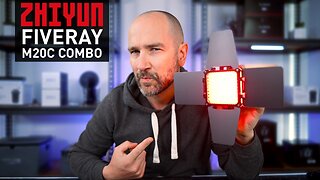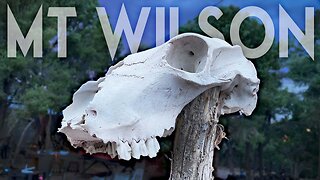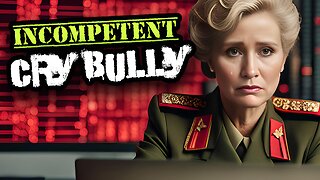Experience the Thrill of India's Groundbreaking Mission with Operation Shakti
Operation Shakti was a series of five nuclear bomb tests conducted by India at the Pokhran test range in Rajasthan in 1998. The tests were carried out under top secret conditions and were a significant milestone in India's nuclear program.
The story of Operation Shakti began in the early 1970s when India's then-Prime Minister, Indira Gandhi, initiated a nuclear program to develop atomic weapons. The program was kept largely under wraps, and even India's closest allies were unaware of its progress.
By the late 1990s, India had successfully developed nuclear weapons, but it had not yet conducted a nuclear test. The Indian government believed that conducting such a test was necessary for its national security and to establish India as a nuclear power.
In May 1998, the Indian government ordered the tests to be carried out at the Pokhran test range. A team of scientists and engineers led by Dr. APJ Abdul Kalam, who later became India's President, worked tirelessly to prepare for the tests.
On May 11, 1998, the first of the five nuclear devices was detonated underground. The tests were a resounding success, and India had officially become a nuclear power.
However, the tests were also met with international condemnation, and India faced economic sanctions and diplomatic isolation as a result. Many countries, including the United States, called for India to sign the Comprehensive Nuclear-Test-Ban Treaty (CTBT), which prohibits nuclear weapons testing.
Despite the international backlash, the Indian government maintained that the tests were necessary for its national security and that India had the right to defend itself in the face of growing threats from its neighbors.
The story of Operation Shakti is a complex and controversial one, but it highlights the challenges and risks involved in developing and testing nuclear weapons. The legacy of the tests continues to shape India's foreign policy and its relationship with the international community.
-
 LIVE
LIVE
LumpyPotatoX2
2 hours agoSub-Sunday on Rumble - #RumbleTakeover
305 watching -
 LIVE
LIVE
Major League Fishing
4 days agoLIVE Bass Pro Tour: Stage 5, Day 4
887 watching -
 26:04
26:04
iamLucid
1 day agoVideo Game Piracy is Unstoppable
6.95K28 -
 16:31
16:31
GeekyNerdyTechy
1 day agoZHIYUN Fiveray M20C Combo Light Review & Tutorial
18.1K5 -
 8:29
8:29
ParisDemers
22 hours agoThe Kratos/God Of War Workout Program (His Real-Life Training)
27.5K3 -
 16:14
16:14
CarlCrusher
17 hours agoSkinwalker's Evil Twin - Beyond Skinwalker Ranch Behind the Scenes Season 1 ep 2
24.9K6 -
 58:35
58:35
Crime Circus
23 hours agoMackenzie Shirilla KlDNAPPED!! True Crime Documentary!
30.2K12 -
 8:03
8:03
Bearing
20 hours agoE-Safety Karen INVENTS Elon Musk HARASSMENT While LEAKING Private Details!
28.9K76 -
 17:16
17:16
Clownfish TV
1 day agoMedia Melting Down Over Mainstream Media Meltdown...
52.7K63 -
 1:11
1:11
Gamazda
18 hours agoFlight of the Bumblebee - Rimsky-Korsakov
57.7K60